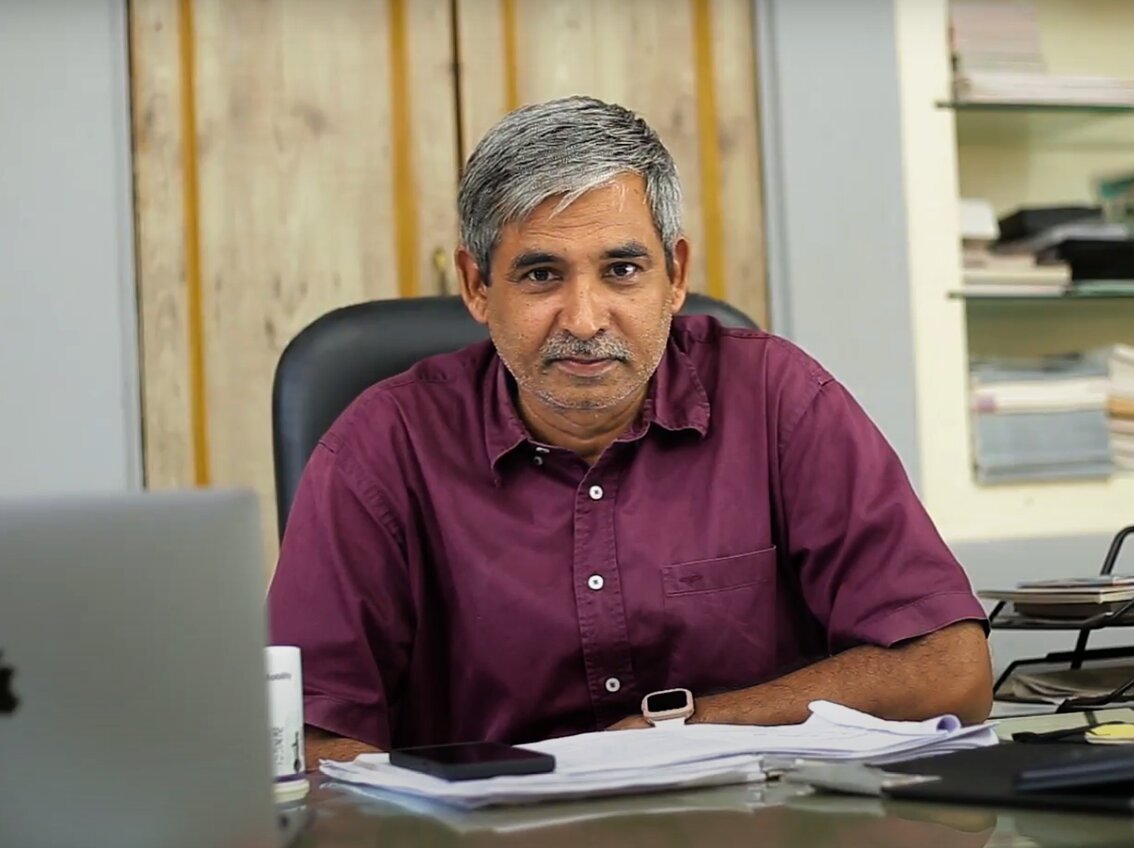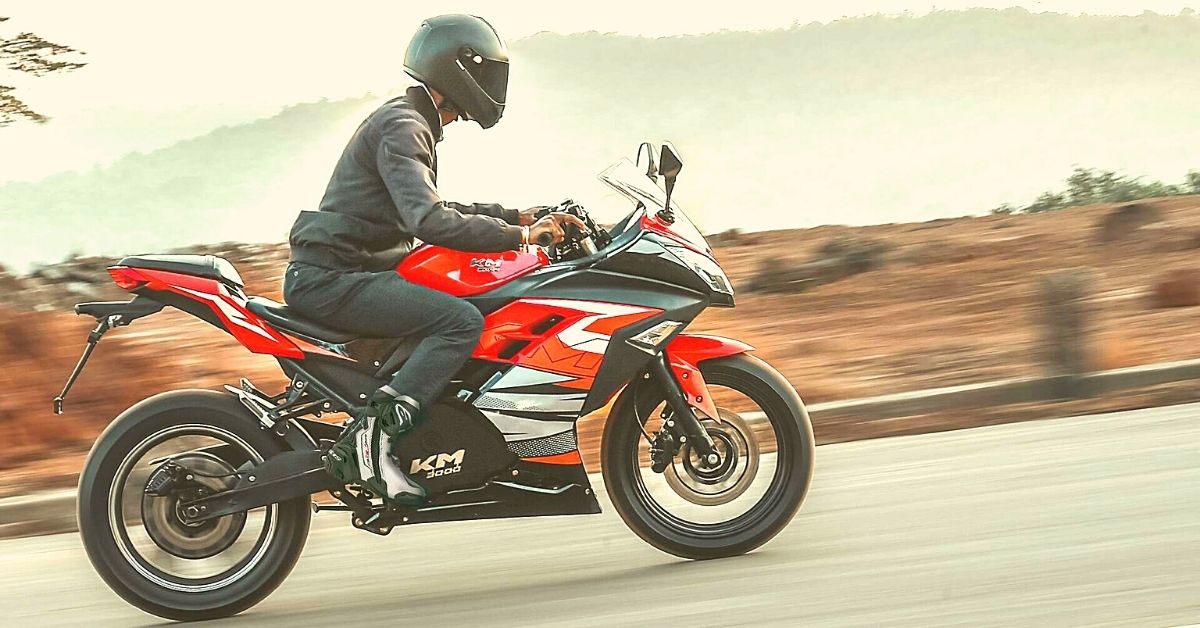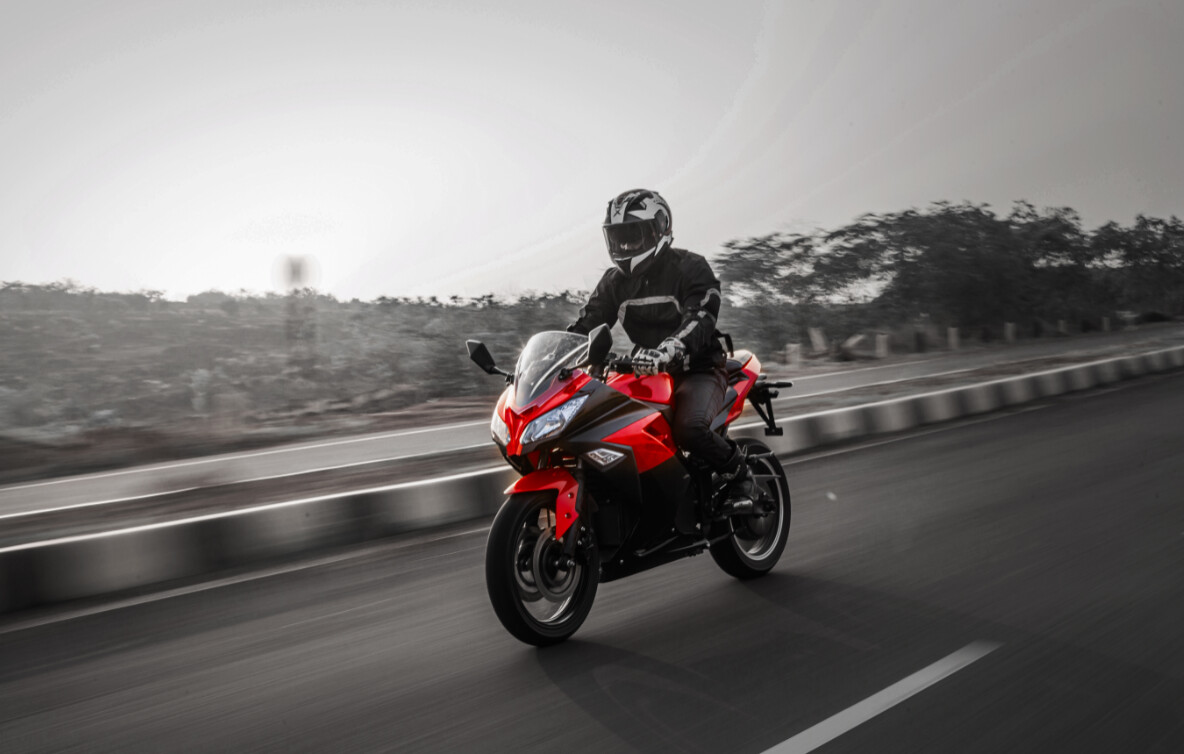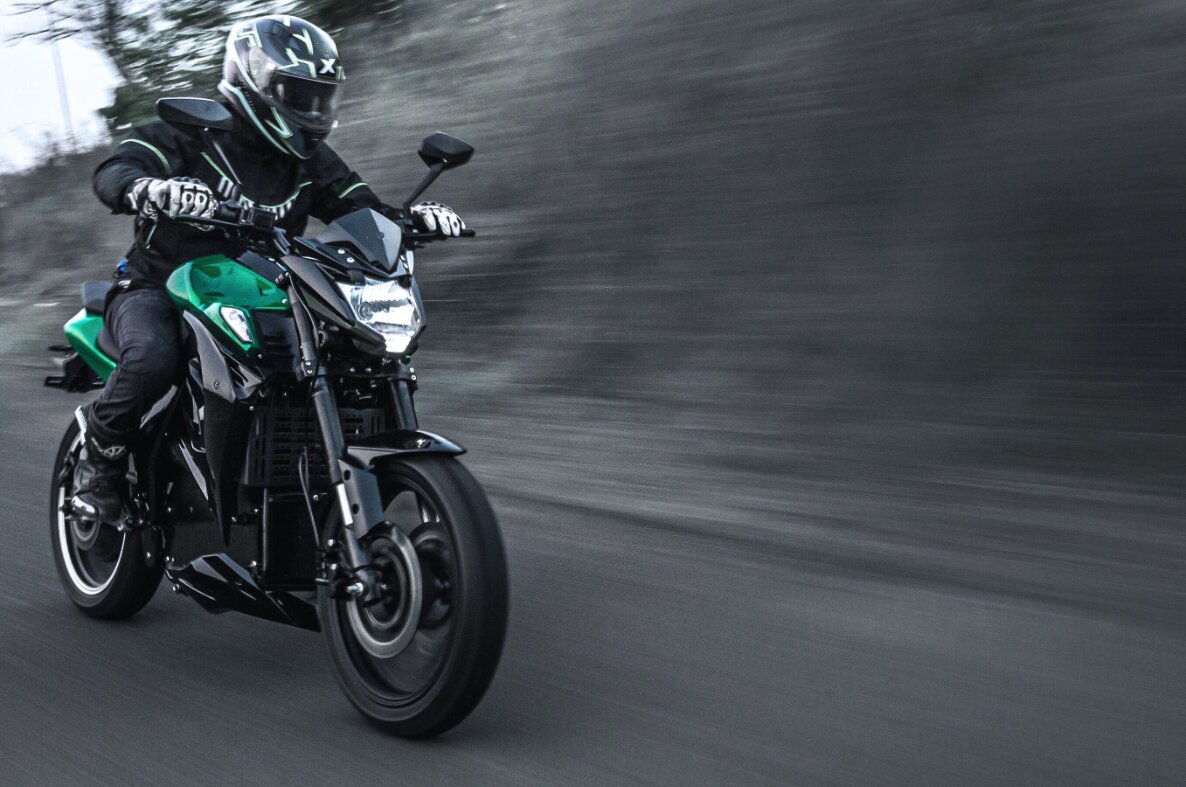On 25 February 2021, Goa-based electric vehicle (EV) startup, Kabira Mobility, opened up their latest high-speed e-motorcycles, the KM3000 and KM4000, for pre-bookings.
What followed was quite extraordinary. Speaking to The Better India, CEO and Founder, Jaibir Siwach, talks about how within four days the company garnered over 5,000 bookings. The startup had to temporarily suspend bookings on 1 March because they had exceeded their production capacity of the first batch of the KM3000 and KM4000.
“We went for a soft launch of these e-motorcycles on 15 February and opened them up for bookings on 25 February. When we asked industry professionals about how many bookings we should expect, they said 1,000 in a month would be good for an EV venture which isn’t very well known in the market. However, in four days, our bookings had crossed the 5,000 mark. It went well beyond our expectations. In my opinion, this expresses what the general public wants, given that they are fed up with rising petrol prices,” says Jaibir.

In a recent blog post about these EVs, Sagar Siwach, the vice president of marketing, said: “Equipped with combi-brakes, best in class range, fast-charging on board, roadside assistance these electric bikes are as appealing as compared to ICE motorbikes in terms of style and performance. These ‘Electric Warriors’ sport modern design with a sleek aerodynamic profile, fireproof battery, geo-fencing, park assist, and many more exciting features.”
With a claimed top speed of 100 kmph, the KM3000 comes with three riding modes. The ECO mode offers a battery range of 120 km, while the City and Sports modes offer a range of 95 km and 60 km, respectively. The motor provides a peak power of 6000W, while the bike weighs 138 kg and carries lithium-ion batteries.
“The batteries have been assembled with Hi-Performance LFP Cells. The pack capacity is 4.4KW and the usable capacity is 4KW. The motor also comes with dual hall sensor and temperature sensor for improved durability,” the startup claims in a recent press release.
Meanwhile, the KM4000 claims a top speed of 120 kmph and weighs 147 kgs with lithium-ion batteries. With a battery range of 150 km on a single charge, the motor provides a peak power of 8000W. The bike is equipped with a hi-torque BLDC hub Motor, from DeltaEV.

“KM4000 is equipped with an inbuilt onboard charging solution. There are 02 charging modes available. An ECO Charge mode takes an impressive 06 hours for a full charge and Boost Charge mode accelerates the charging process in 02 hours. The bike supports Type 02 Universal Charger that comes with an anti-removable lock, allowing you to charge anywhere, anytime,” their press release notes.
Both bikes are also equipped with a digital dashboard powered by Bluetooth connectivity that allows commuters to check their ride statistics. The startup also claims that the batteries have been certified as fireproof and all weather friendly as per standards set by the Automotive Research Association of India (ARAI).
“We offer the charging kits alongside these e-motorcycles. Instead of spending Rs 3,000 per month on petrol [Rs 100 a day], you only have to spend Rs 10-15 a day for 2 units of electricity to charge our EVs. I am not at liberty to disclose the exact amount of funding we have received, but it’s a very substantial amount. We receive 5,000 inquiries daily, and our website sometimes crashes as a result,” he tells The Better India.

Rigorous Testing
Jaibir says that work on the KM3000 and KM4000 began in July 2018.
“Our engineers developed these electric motorcycles over one and a half years, which included a rigorous and challenging six-month on-road testing period. Having said that, during the testing and development period, we found that the larger EV ecosystem in India was largely unhelpful, particularly players who have already made their presence felt in the sector. Bigger entities in the EV ecosystem did little to help smaller startups like us grow. If they had done more to mentor and help smaller EV companies, the larger electric mobility ecosystem in India would have been in a better place. But that’s just my opinion. Fortunately, many of the smaller startups are growing and breaking through,” he says.
Throughout the testing period, Jaibir notes that they took the opinions of experts in the automobile industry and incorporated the improvements they had suggested before the soft launch. The startup even reached out to different biker groups who go on long road trips to test their e-motorcycles from 15 to 25 March and suggest any last minute changes or improvements required. In fact, on 1 April, they are opening these e-motorcycles for test rides to the general public as well who can also offer their comments.
“Once we implement these minor changes and improvements, we will launch these bikes in small batches for sale to the general public in the first week of May 2021,” says Jaibir.
While the KM3000 is priced at Rs 1.27 lakh (ex-showroom, Goa), the KM4000 is available for Rs 1.37 lakh (ex-showroom, Goa). Nearly 93 per cent of the components, including the powertrain, Jaibir claims, are sourced from vendors in Pune, Bengaluru and Dharwad.
“Among major components, only the battery cell is imported. We are assembling these bikes at our plant in Verna, Goa, which has a manufacturing capacity of 10,000 EVs per month. We have another plant in Dharwad, which can manufacture 8,000-10,000 EVs per month. To further expand our capacity, however, we are opening another plant in the Hubli-Dharwad industrial hub. This plant will be operational by the end of next month, measuring about 1,00,000 square feet. Our head office is based out of Goa,” he adds.

From the Navy to EV
Born in a nondescript village in Rohtak district, Haryana, Jaibir grew up in a farming household. As a young boy, he worked in his father’s fields. Even to this day, whenever he gets a break, Jaibir goes back to his village in Haryana.
After graduating from college in 1986, Jaibir joined the Indian Navy and worked as an aeronautical engineer in their aviation department for more than 15 years before retiring in 2003. Following retirement, the 51-year-old worked in the private sector for over a decade before transitioning to the EV sector. It has been nearly a decade since he moved to Goa.
“Our team at Kabira Mobility started working on EVs sometime in September 2017. Over time, we developed a few products, including our Kollegio and Inter-City range of low-speed, safe and medium range electric scooters equipped with GPS and geofencing for college-going students. These products were launched at the Auto Expo in February 2020, although the company was officially incorporated in December 2019. Moving forward, we are looking to get into the food delivery and logistics segment with our EVs,” he says.
(Edited by Yoshita Rao)
No comments:
Post a Comment